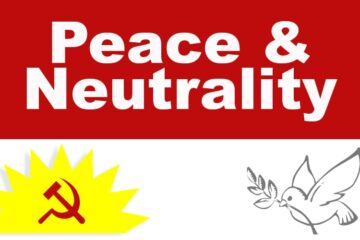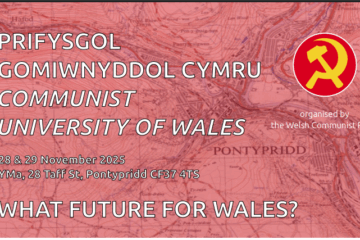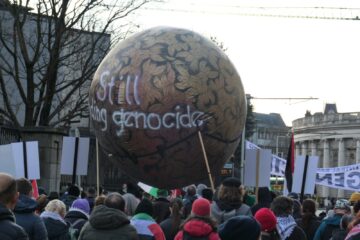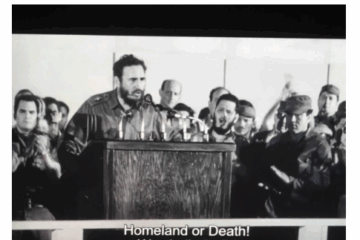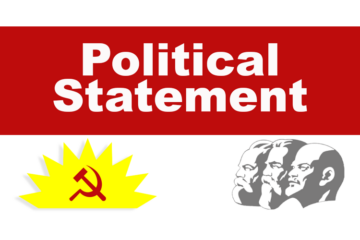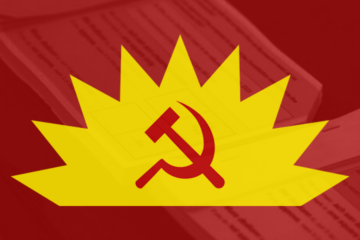Mikhail Gorbachev was a central figure in the counter-revolutionary process and forces that overthrew socialism in eastern Europe in the latter part of the twentieth century.
His legacy is the reversal of hundreds of years of historical progress, taking humanity from the hope of socialism to the despair of capitalist slavery and imperialist war, and the celebration of the basest instinct known to humanity.
While Gorbachev played a pivotal role in the massive vandalism that resulted in the destruction of the social order in eastern Europe and a victory for neoliberalism, all the blame cannot be laid on any one individual. There were ideological and organisational weaknesses in the USSR and the Communist Party of the Soviet Union.
Gorbachev was the kingpin of a coterie without any concept of revolution, or the development of socialism, who ensconced themselves in leading positions during decades of relative political sterility. During all that time the USSR was targeted for destruction by the top echelons of the ruling classes, especially by the United States and its allies. The Gorbachev coterie had no ideological capability to resist this, and quickly surrendered.
The victory of these counter-revolutionary forces pushed tens of millions of workers in the former socialist bloc into the grip of monopoly corporations. It created the conditions for the people’s wealth, their industrial, agricultural and natural resources, to be stolen and handed over to western corporations or local subservient forces, ushering in a new era of super-exploitation and division, and a new era of attacks on the working class in the capitalist world.
The very existence of the Soviet Union and the socialist bloc had been a guarantor of workers’ right and improved social conditions for workers in the capitalist world, particularly in Europe.
From a working-class standpoint, Gorbachev’s role was a disaster and has left a bitter legacy, which we continue to struggle to overcome.
But history has not ended. The fight goes on.



